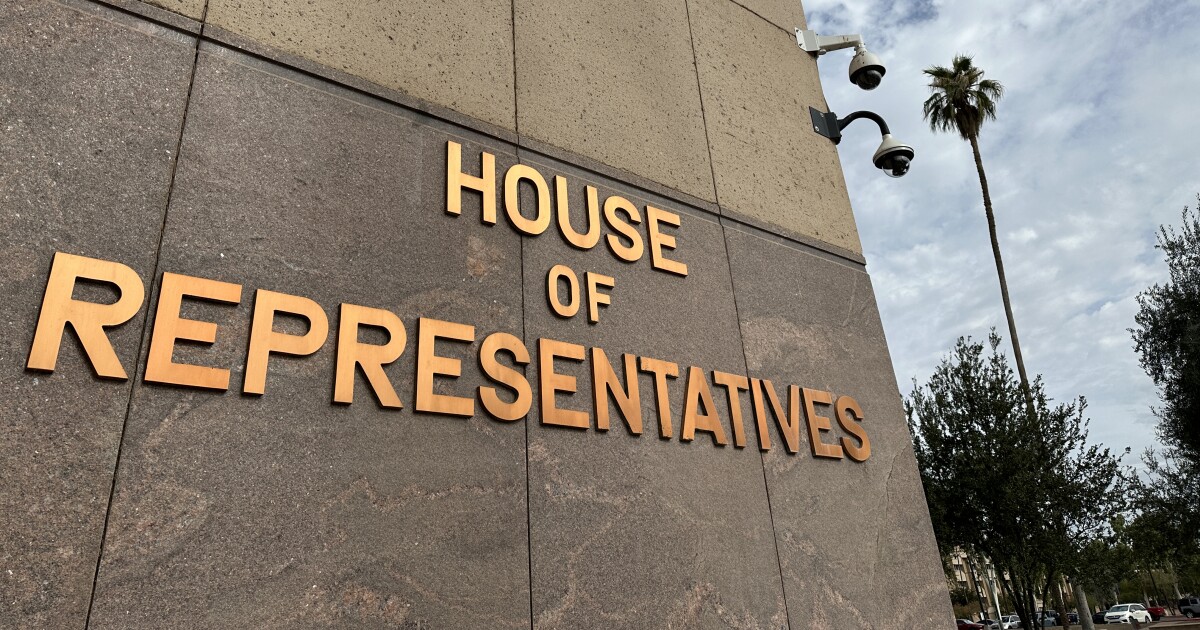Michigan Revamps Health Education Standards After 16 Years
In a significant overhaul, the Michigan Board of Education has approved new Health Education Standards, marking the first update since 2007. This decision introduces a comprehensive approach to health education, incorporating contemporary topics such as social media use, modern technology, gender identity, and sexuality.
The 74-page document outlines these guidelines, aiming to enrich students’ understanding of various health-related issues, including substance use and mental and physical well-being.
During the board meeting, Rima Mohammad, a board member of Ann Arbor Public Schools, highlighted the benefits of the updated standards. “Inclusive health education leads to lower rates of bullying, higher levels of student safety and better mental health outcomes. In contrast, when students feel invisible and stigmatized, we see higher rates of depression, absenteeism, and even suicide risks,” she articulated during the public comment session.
However, the new standards have sparked criticism from conservative groups who argue that the guidelines extend beyond legal requirements and introduce sex education prematurely. Nikki Snyder, a member of the State Board of Education, was among the two members who opposed the motion. Snyder expressed concerns over the integration of health and sexual education, stating, “It’s an overstep in parental rights, for sure. It’s confusing the difference between health education, which is prescribed in law as a set of topics, and sex education, which is prescribed in law to protect parental rights. When you conflate those two terms, you will eventually take away parental rights.”
Proponents of the standards emphasize that parents retain the option to exclude their children from sex education. Nevertheless, critics argue that the influence of these standards might seep into more aspects of the school’s curriculum beyond formally labeled sex education classes.
While these standards serve as nonbinding guidance, they empower individual school districts to tailor their curriculums according to their specific needs and community standards.
—
Read More Michigan News










